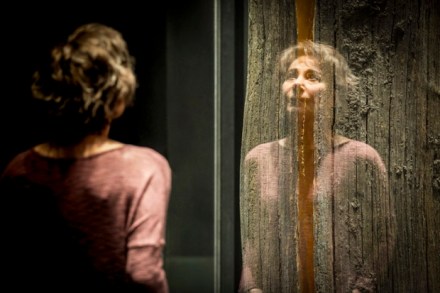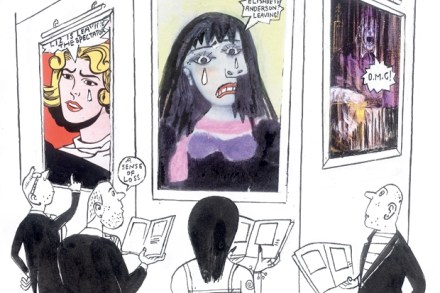Low life | 20 October 2016
In 1999 I went to the doctor about the impotence. Don’t worry, he said. I have good news for you. He prescribed a new drug called Viagra to get me over the psychological hump. It worked; spectacularly. In 2001 I went to the doctor mumbling about depression. Don’t worry, he said. I have good news for you. He prescribed a new drug called Prozac to lift me out of it. Within three months I was back on the poop deck of this ship of fools with the wind in my hair and salt spray on my face. In 2013 I went to the doctor because I couldn’t pee. A blood












